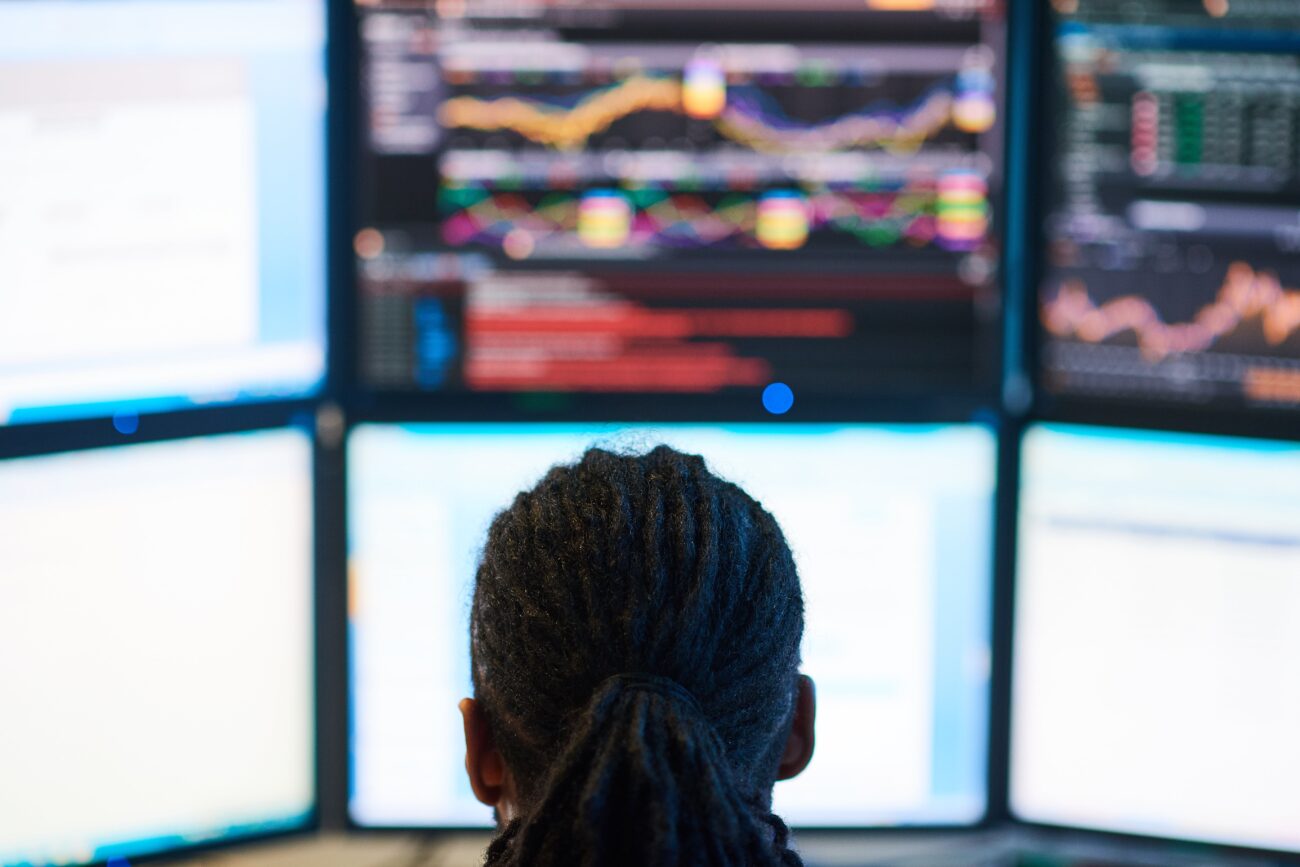ENGIE, Bureau Veritas and the CEA assure the traceability of green energy thanks to blockchain
Paris, January 7th : Bureau Veritas and the CEA execute the first validation of smart contracts by formal proof for the digital solution of the startup ENGIE TEO (The Energy Origin), reinforcing clients’ confidence on the origin of their green energy.
- Press release
- 25/01/2021

Incubated by ENGIE, the internal startup TEO (now Attributes) allows the Group’s professional clients – companies and local authorities – to embark on the path of green energy consumption. Thanks to the solution developed by TEO, clients can not only choose the source of energy most adapted to their needs, whether solar or wind, but also precisely identify the site that will produce this energy from within the portfolio of ENGIE’s renewable plants, in order to select a source closest to their sites of consumption. Seven days a week, clients are informed of the source of the energy consumed, as well as the positive impact generated, communicated in terms such as tons of CO2 avoided, the amount of auto emissions avoided, or trees planted.
The TEO solution depends upon blockchain, and more specifically upon the execution of smart contracts, irrevocable information programs that execute a number of predefined instructions. The mandatory value of these contracts is not guaranteed by law, but directly by the digital code. ENGIE has partnered with Bureau Veritas, a world leader in testing, inspection and certification, and the Alternative Energies and Atomic Energy Commission (CEA), a French public research body, to conduct an audit of the solution and validate the precision of the processes and calculations generated by TEO. By leaning upon their expertise in formal methodologies and proof of ownership, the researchers of CEA-List, the CEA institute dedicated to intelligent digital systems, have led an in-depth study of the code for these smart contracts, establishing the correspondences between the defined requirements and effective implementation of these contracts. Bureau Veritas validated the methodology used by the CEA and verified its corresponding execution by TEO. The three partners thus demonstrated how smart contracts developed by TEO allow ENGIE clients to establish traceability of the green energy consumed.
“For ENGIE, whose ambition is to accelerate the energy transition towards carbon neutrality, this collaboration marks a further step in supporting our clients towards sustainable and environmentally friendly solution. By choosing to join forces with world-renowned expert partners, ENGIE is once again affirming its desire to integrate innovation and technology into the heart of its practices, and to respond increasingly to the need to customize customer solutions.” says Vincent Verbeke, a member of the Executive Committee of ENGIE – International Supply & Energy Management.
“Smart contracts are at the heart of many market platforms and require new verification processes. The validation of smart contracts by Bureau Veritas provides all participants in the blockchain with the assurance that they are operating in accordance with their expectations. In this innovative project, Bureau Veritas verifies the process and the result of the program’s calculations using a solid methodology defined with the CEA.
This is an important step in the development of this technology.” adds Thomas Daubigny, Chief Digital Officer of Bureau Veritas.
“For 20 years, the CEA-List has directed its skills towards proof and validation in service of software confidence. The need for this expertise is growing as citizens ask more from the digital systems with which they interact. The CEA-List, fulfilling its mission of transferring research to industry, has joined forces with Bureau Veritas, an expert in certification, to strengthen confidence in the blockchain technologies used by ENGIE. It is thus extending its scope to deal with new generations of distributed digital systems, the use of which is spreading very rapidly.” says Alexandre Bounouh, Director of the CEA-List Institute.
Press: